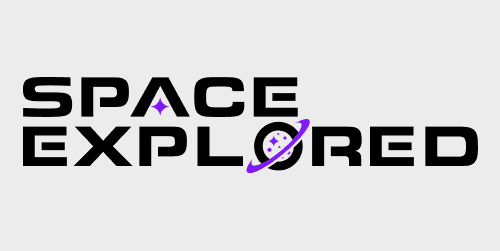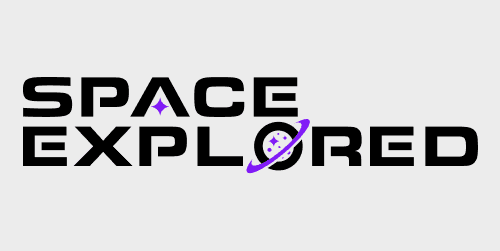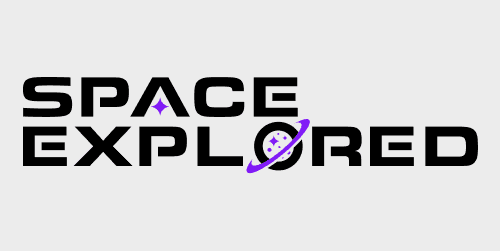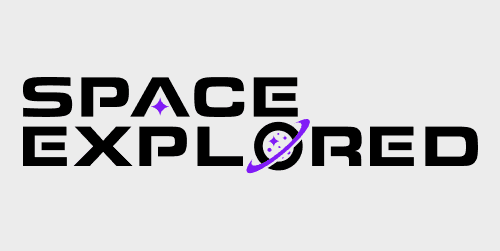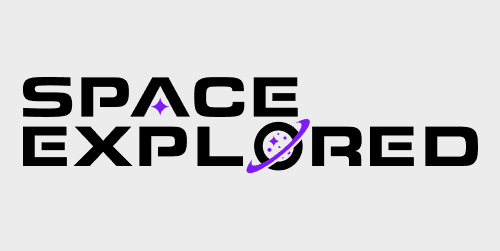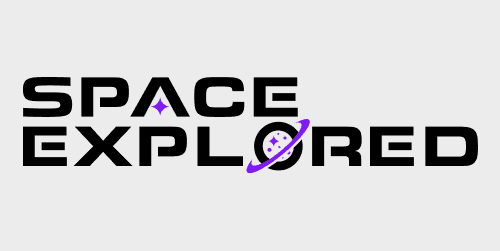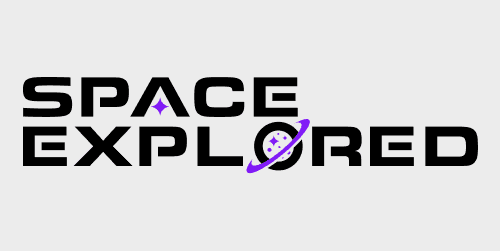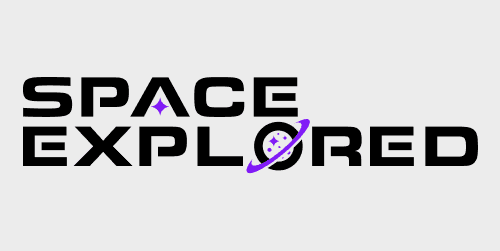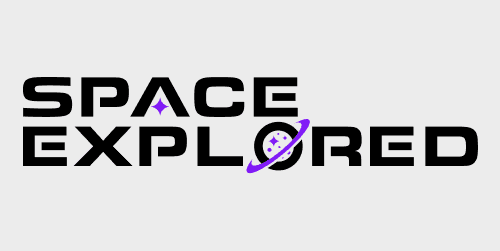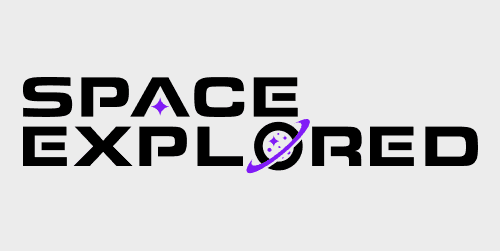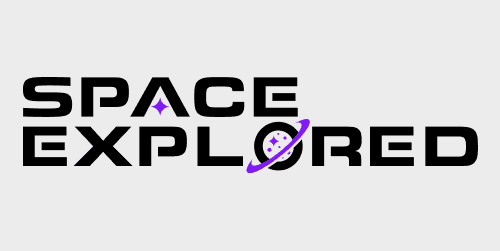NASA Office of Stem Engagement awarded $28 million to jurisdictions around the country today to keep their research competitive compared to other programs with more outside funding, details below.
NASA has awarded $28 million to fund the next five years of research infrastructure development across 28 jurisdictions. The Established Program to Stimulate Competitive Research (EPSCoR), a part of NASA’s Office of Stem Engagement and based out of the agency’s Kennedy Space Center in Florida, supports science and technology research and development at colleges and universities while also funding studies in Earth science, aeronautics, and human and robotic deep space exploration – all of which are disciplines critical to the NASA mission.
Started almost 30 years ago, EPSCoR focuses on 25 states and three territories, and seeks to lessen the disparity in funding between states across the nation to create an equitable competition in aerospace and aerospace-related research activities. While California receives 12% of all federal research funding, all 28 EPSCoR jurisdictions combined receive less than 10%, so participating states and territories depend heavily on these research investments. NASA funds these areas so they remain competitive in the aerospace research and development field.
The EPSCoR Research Infrastructure Development award further strengthens long-term research capabilities by pledging $200,000 a year to each of the 28 jurisdictions for the next half decade, increasing and diversifying technology and research development, higher education, and economic development on both a state and national level.
EPSCoR also solicits proposals for Rapid Response Research, which awards funding to researchers as they work with NASA on issues impacting the agency’s mission and programs, as well as International Space Station collaborations and suborbital flight opportunities, which provide researchers the opportunity to fly mature research projects in low-Earth orbit.
Jurisdictions receiving the RID awards are: Alabama, Alaska, Arkansas, Delaware, Guam, Hawaii, Idaho, Iowa, Kansas, Kentucky, Louisiana, Maine, Mississippi, Montana, Nebraska, Nevada, New Hampshire, New Mexico, North Dakota, Oklahoma, Puerto Rico, Rhode Island, South Carolina, South Dakota, Vermont, the U.S. Virgin Islands, West Virginia, and Wyoming.
To learn more about EPSCoR, visit:
https://www.nasa.gov/stem/epscor/home/index.html
